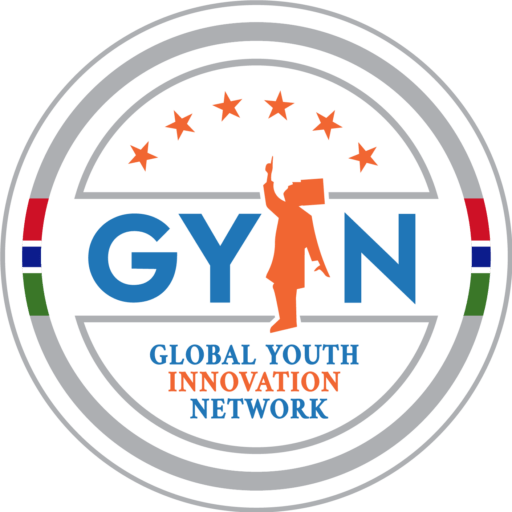
A joint initiative – a collaboration between the Commonwealth of Learning (COL) #COL4D and Global Youth Innovation Network (GYIN) Gambia Chapter – is supporting maize-producing farmers and addressing agricultural challenges through community engagement with the aim of enhancing maize production in the country.
A lack of access to the input and output markets largely hinders maize production in The Gambia. In addition to this, farmers were also producing under the weight of a huge learning gap. The program was conceived to bridge these gaps using COL’s Lifelong Learning for Farmers (L3F) approach for improved partnerships and capacity building along the maize value chain.
Mamadou Edrisa Njie, Executive Director of GYIN Gambia, offered outcomes from the project, stating, “Our partnership with COL outlined 3,000 farmers and established a Learning, Innovation, and Development Platform, providing essential training and resources.” The initiative encompassed farmer reporting, the creation of contextualised educational content, digital training via WhatsApp groups, and rigorous monitoring and evaluation. Mr Njie emphasised that in the project, the role of GYINs was to facilitate connections and communication between farmers, suppliers, buyers, and researchers. COL provided the backstopping and mentorship in developing the learning platform and producing the training materials.
This project took specific advantage of the expertise and experiences of the Master Farmers to build the capacity of other farmers, including youth. The Master Farmers shared their knowledge of maize cultivation and insights from previous large-scale collaborations stressing the importance of quality in agricultural production. Emphasis was placed on the training materials developed and delivered on a real-time basis and in the local languages the farmers speak. The L3F model of training materials was delivered using a combination of text, audio messages, and short videos, which effectively raised the farmers’ comprehension and the adoption of new techniques. Farmers augmented their incomes through increased production and enhanced marketing, while input dealers and output marketers also recorded increased benefits, making the project a win-win scenario and an example of sustainable development.
Professor Wale Adekunle, COL’s Adviser: L3F, stated, “The use of Master Farmers as a conduit to others is an effective way of reaching farmers at the last mile with training and linkages with both input and output markets. With the use of the L3F approach, in which training materials have been co-developed with farmers and disseminated in partnership, the outcomes will always be transformational.”
This collaboration has tackled the critical challenges in maize production while using local expertise. By focusing on quality, sustainability, and equitable practices, this collaboration between COL, GYIN Gambia, and the Master Farmers’ Cooperative Association is poised to enhance maize production, bolstering food security and improving lives and livelihoods for farmers throughout the country.
As the project concluded, all parties expressed satisfaction regarding the collaboration. The Master Farmers’ aspiration toward year-round production, combined with the support from COL and GYIN Gambia, could contribute to achieving SDG 8.
#MaizeProduction #AgriculturalInnovation #SustainableFarming #MaFCA #GYINGambia #LifelongLearning #FarmersEmpowerment #FoodSecurity #CapacityBuilding #YouthInAgriculture #DigitalTraining #SustainableDevelopment
